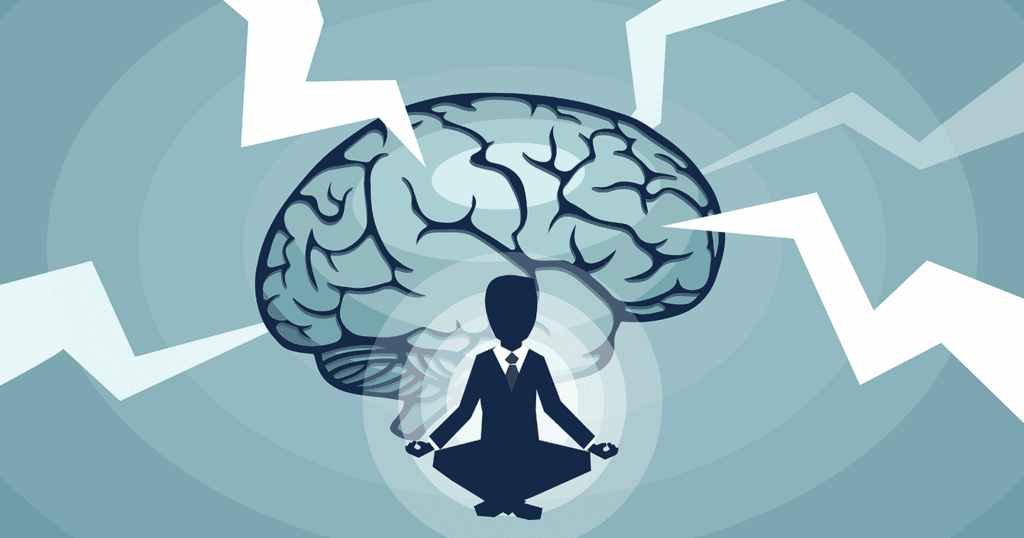Emotional intelligence (EI) is a powerful aspect of human intelligence that goes beyond academic and technical abilities.
This article explores the concept of emotional intelligence, its significance in personal and professional spheres, and practical strategies for nurturing and enhancing this essential skill.
Defining Emotional Intelligence:
-
- Definition: Emotional intelligence refers to the ability to recognize, understand, manage, and effectively use one’s own emotions and navigate the emotions of others.
- Components: EI comprises self-awareness, self-regulation, empathy, motivation, and social skills.
The Impact of Emotional Intelligence:
-
- Personal Well-being: Individuals with high EI tend to have better mental health, stress management, and overall life satisfaction.
- Interpersonal Relationships: Strong EI fosters healthy communication, empathy, and conflict resolution in personal and professional relationships.
The Components of Emotional Intelligence:
-
- Self-Awareness: Recognizing and understanding one’s own emotions, strengths, and weaknesses.
- Self-Regulation: Managing and controlling one’s emotions, avoiding impulsive reactions, and maintaining composure in challenging situations.
- Empathy: Understanding and sharing the feelings of others, fostering a sense of connection and rapport.
- Motivation: Channeling emotions into positive energy, setting and working toward goals with enthusiasm.
- Social Skills: Building and maintaining healthy relationships, effective communication, and collaboration.
Cultivating Emotional Intelligence:
-
- Mindfulness Practices: Techniques such as meditation and mindful breathing enhance self-awareness and self-regulation.
- Reflective Journaling: Writing about emotions and experiences promotes self-reflection and understanding.
- Active Listening: Developing empathetic listening skills to understand others’ perspectives.
- Seeking Feedback: Soliciting constructive feedback to identify blind spots and areas for improvement.
Emotional Intelligence in Leadership:
-
- Effective Decision-Making: Leaders with high EI make informed decisions by considering both rational and emotional factors.
- Building Trust: EI fosters trust and credibility among team members, creating a positive work environment.
- Conflict Resolution: Leaders with strong EI navigate conflicts diplomatically, understanding and addressing underlying emotions.
Emotional Intelligence in Education:
-
- Social-Emotional Learning (SEL): Integrating EI into education to enhance students’ interpersonal skills and emotional well-being.
- Teacher-Student Relationships: Nurturing positive relationships by understanding and responding to the emotional needs of students.
Emotional Intelligence in the Workplace:
-
- Team Dynamics: Promoting collaboration and effective communication among team members.
- Customer Relations: Enhancing customer service by empathizing with clients and understanding their needs.
- Adaptability: Responding to change with resilience and maintaining a positive attitude.
Measuring and Developing Emotional Intelligence:
-
- Assessment Tools: Utilizing self-assessment and 360-degree feedback tools to gauge EI levels.
- Training Programs: Providing workshops and training sessions to enhance EI skills in individuals and teams.
Conclusion
Emotional intelligence is not just a desirable trait; it is a crucial aspect of personal and professional success.
By understanding, developing, and applying emotional intelligence, individuals can navigate life’s complexities with grace, build meaningful relationships, and contribute to a more empathetic and harmonious society.

Leave feedback about this